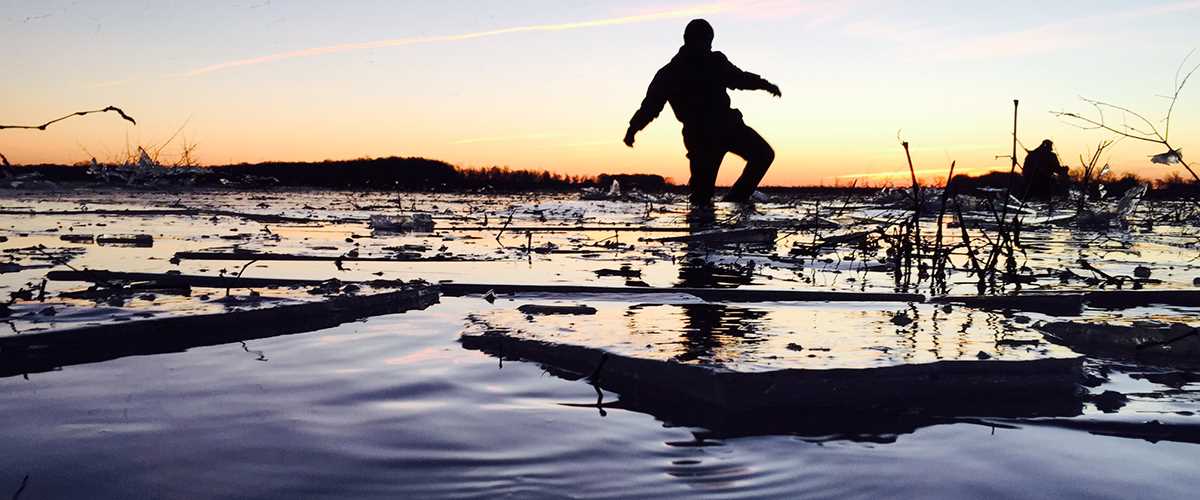The rice industry and DU enjoy a close working relationship

By Kevin McGilton, USA Rice Federation
The U.S. rice industry has had a longstanding, mutually beneficial relationship with Ducks Unlimited by providing valuable habitat for waterfowl, while helping rice growers improve their working farms to benefit the environment. As a result, the growers' important role in conservation and stewardship of working lands has resulted in the continued maintenance of critical habitat for a variety of wetland-dependent fauna.
In California, for example, nearly 141 species of birds, 28 species of mammals, and 24 species of reptiles are known to inhabit rice fields. Approximately 30 of these animals are listed as special-status species. Nationwide, rice growers currently provide more than 700,000 acres of enhanced waterfowl, shorebird, and other wildlife habitat at their own expense.
During the consideration of the new Farm Bill, the USA Rice Federation and DU conferred on an ongoing basis in an effort to better understand each group's respective positions on major commodity and conservation policy issues. "During the House debate, there were major differences in position on funding levels between the commodity and conservation titles, but we were able to work together and understand each other's position," said Gary Sebree, chairman of the Arkansas Rice Producers' Group.
While there were inevitable differences, the two organizations continued to maintain a dialogue and were able to work together in supporting the final Farm Bill conference report. "DU and the USA Rice Federation worked together in the Senate debate to push for passage of the Farm Bill," said Don Bransford, chairman of the U.S. Rice Producers' Group and chairman of the USA Rice Federation's Government Affairs Committee.
As the U.S. Department of Agriculture begins the task of implementing the conservation program provisions of the new Farm Bill, the USA Rice Federation and DU will continue to find common ground to work together to forge workable conservation programs. The USA Rice Federation has shared with DU an authoritative report that details existing rice production management practices that address improving soil, water, and air quality, as well as improving wildlife habitat. The new Conservation Security Program should provide opportunities for rice growers to continue to enhance the environment and wildlife habitat initiatives.
"The U.S. rice industry and DU have had a strong partnership in conservation activities for many years, and that strong relationship will continue. We look forward to working on new conservation projects such as the new Conservation Security Program, which will provide rice producers income for environmental and wildlife-friendly production practices," said Al Montna, chairman of the U.S. Rice Producers' Group Conservation Committee.